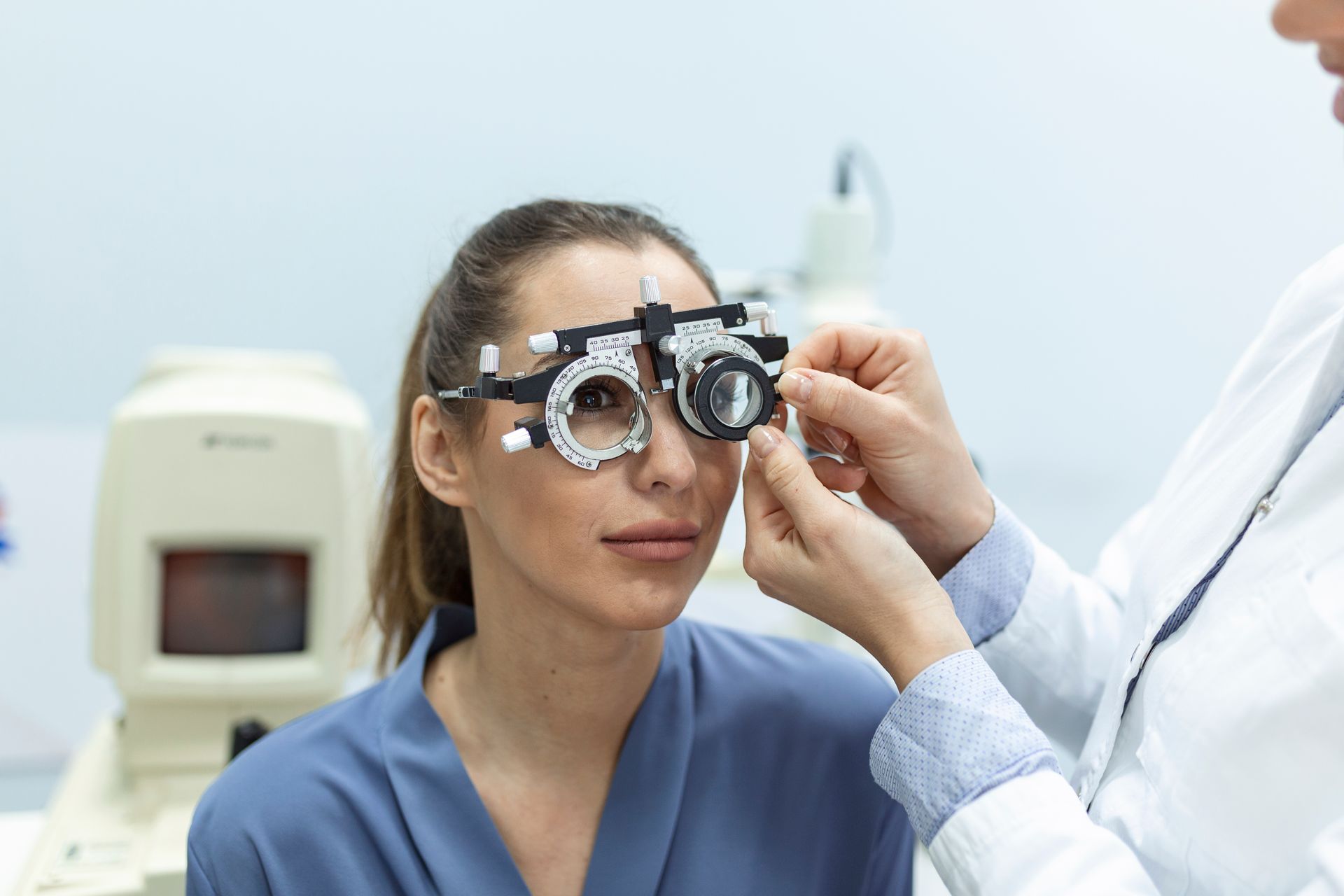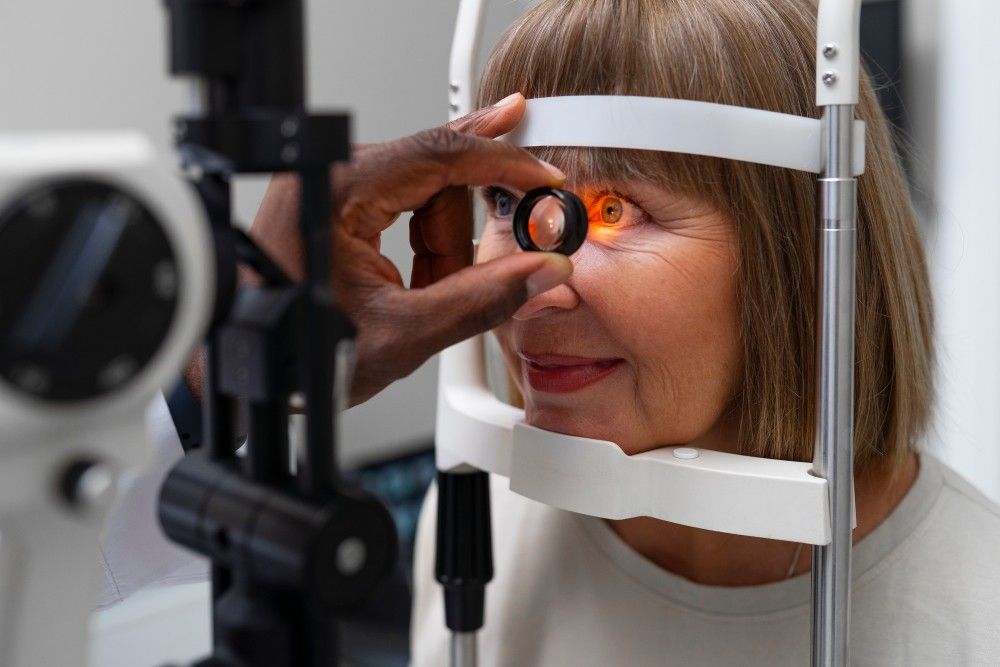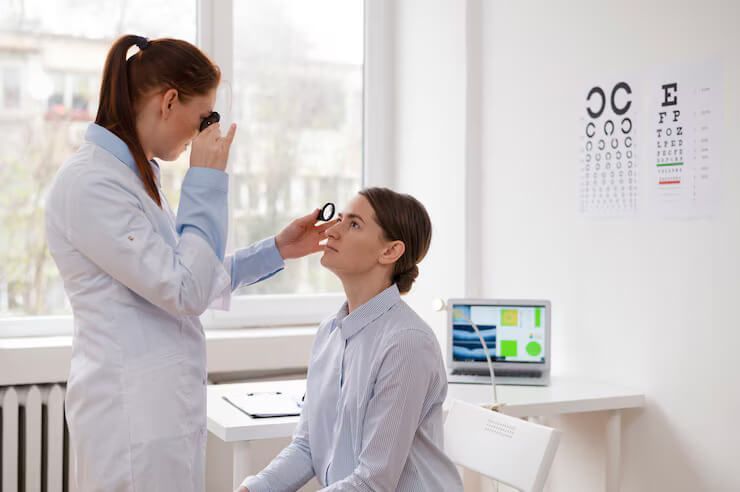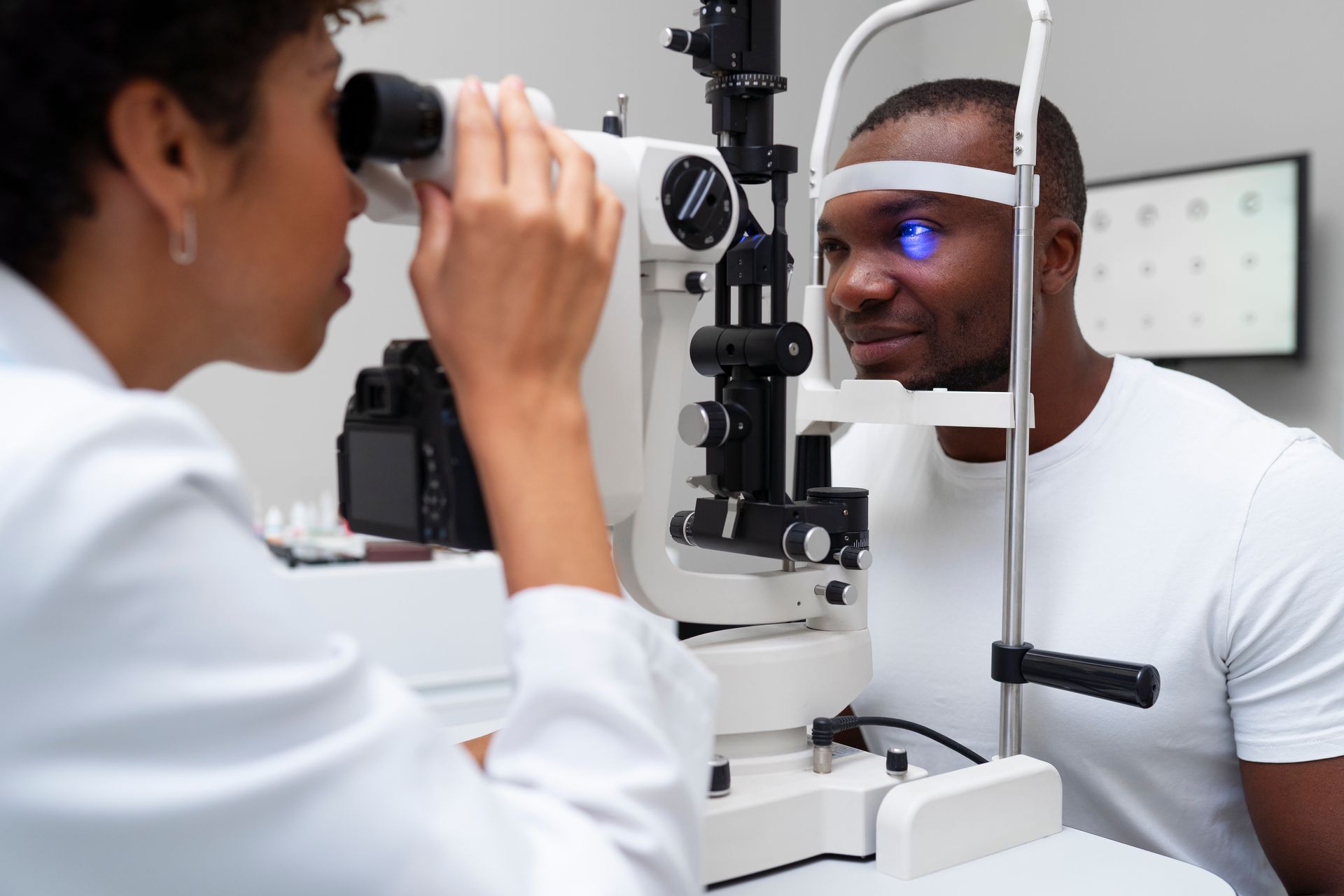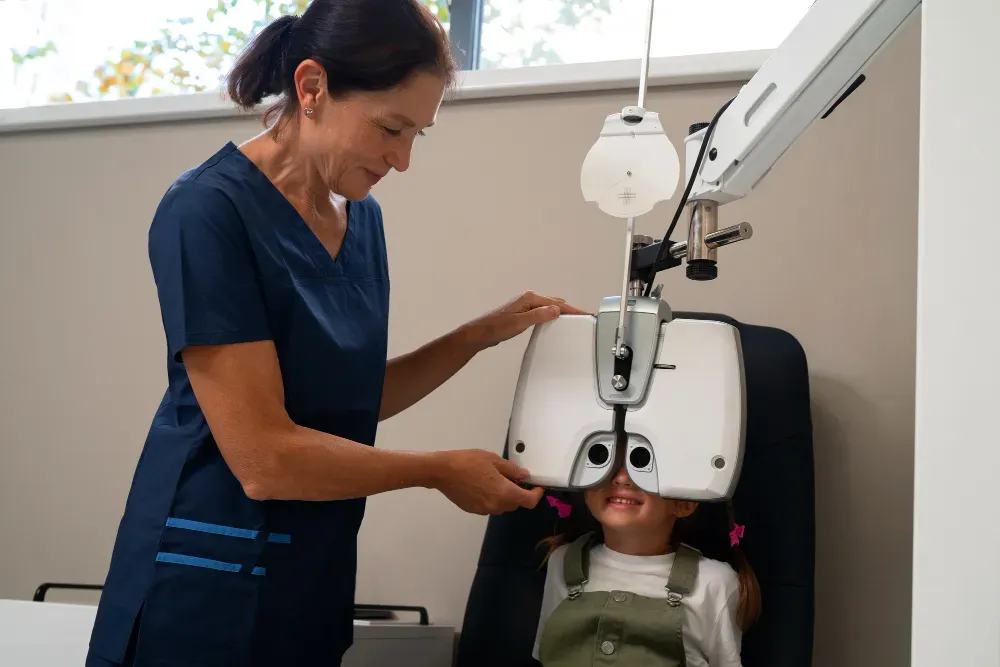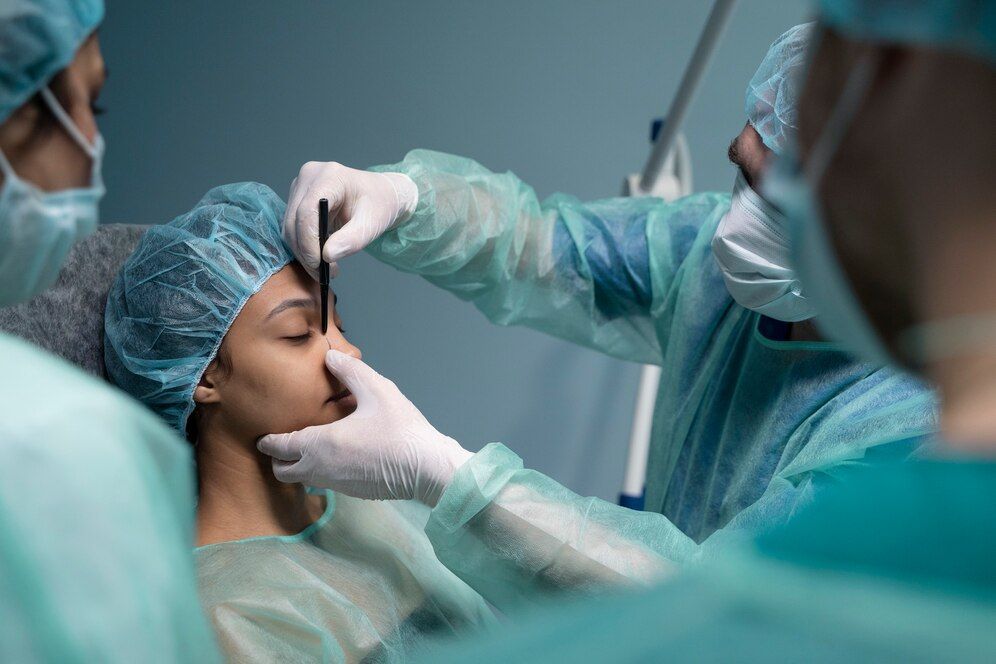Why Sleeping Position Matters After Cataract Surgery
Cataract surgery is a quick and effective procedure to restore clear vision, but proper aftercare is essential for a smooth recovery. One important aspect of post-surgery care is how you sleep. Getting rest is vital for healing, but certain precautions can help ensure your recovery is complication-free. In this post, we’ll cover the best ways to sleep after cataract surgery and why they matter for protecting your eyes.
Cataract surgery involves replacing the clouded lens of your eye with an artificial one, which requires careful handling in the days following the procedure. Right after surgery, your eye will be more sensitive, and improper sleeping positions can put unnecessary pressure on your healing eye. To avoid complications like dislodging the protective shield or causing irritation, it’s essential to adopt sleep habits that promote recovery.
Best Sleeping Positions for Post-Cataract Surgery Recovery
To protect your eye and speed up recovery, it’s recommended to sleep on your back. This position minimizes the risk of putting pressure on your eye, which is especially important in the first few nights after surgery when your eye is most vulnerable. If sleeping on your back isn’t comfortable, you can also sleep on the opposite side of the operated eye. For example, if you had surgery on your right eye, sleeping on your left side is generally safe.
For those who tend to toss and turn during the night, using extra pillows or sleeping wedges can help keep you in the ideal position. Elevating your head slightly not only helps maintain your position but can also reduce any swelling or discomfort that may occur after surgery.
Avoid Sleeping on the Operated Eye
Sleeping on the side of your operated eye can cause issues, as it may put direct pressure on the area, increasing the risk of irritation, swelling, or even dislodging the eye shield. Since your eye will still be healing, any added pressure can delay the recovery process or lead to complications, such as increased inflammation or infection. For at least the first week after surgery, make a conscious effort to avoid sleeping on the side of the eye that underwent surgery.
Wear Your Eye Shield While Sleeping
After cataract surgery, your doctor will provide you with an eye shield to wear while you sleep. This shield protects your eye from accidental rubbing or pressure during the night. Even if you’re careful about your sleeping position, it’s easy to rub your eyes or bump them without realizing it while you sleep. The shield serves as an extra layer of protection, ensuring your healing eye stays safe throughout the night. Make sure to wear the eye shield for the first few nights after surgery or as instructed by your doctor.
Other Tips for a Comfortable Recovery
In addition to sleeping in the correct position, there are a few other steps you can take to ensure your recovery goes smoothly:
Follow post-op instructions carefully. Your doctor will give you detailed instructions on how to care for your eye after surgery, including how often to use prescribed eye drops, what activities to avoid, and when to come in for follow-up visits.
Avoid bending over or lifting heavy objects. These activities can increase pressure in your eye, which can interfere with healing.
Keep your head elevated during the day. In the first few days after surgery, keeping your head elevated, even while resting, can help reduce swelling and speed up healing.
Avoid rubbing your eyes. This may feel tempting as your eye heals, but rubbing your eyes can lead to irritation or infection, so it’s best to avoid touching your eyes altogether.
When to Contact Your Doctor
It’s normal to experience some discomfort, redness, or blurriness after cataract surgery, but you should contact your doctor if you experience any unusual symptoms. Severe pain, sudden vision changes, or an increase in redness or swelling may indicate complications. If you notice anything concerning, don’t hesitate to reach out to your surgeon for advice.
Rest Well, Heal Better
Rest is a crucial part of the healing process, especially after cataract surgery. By being mindful of how you sleep and following your doctor’s instructions, you’ll give your eye the best chance to recover quickly and without complications. At Hill Country Eye Center, our team is here to support you every step of the way on your journey to clearer vision.
If you have any questions or concerns after your cataract surgery, don’t hesitate to reach out to us. We’re here to help you rest easy and heal comfortably.
